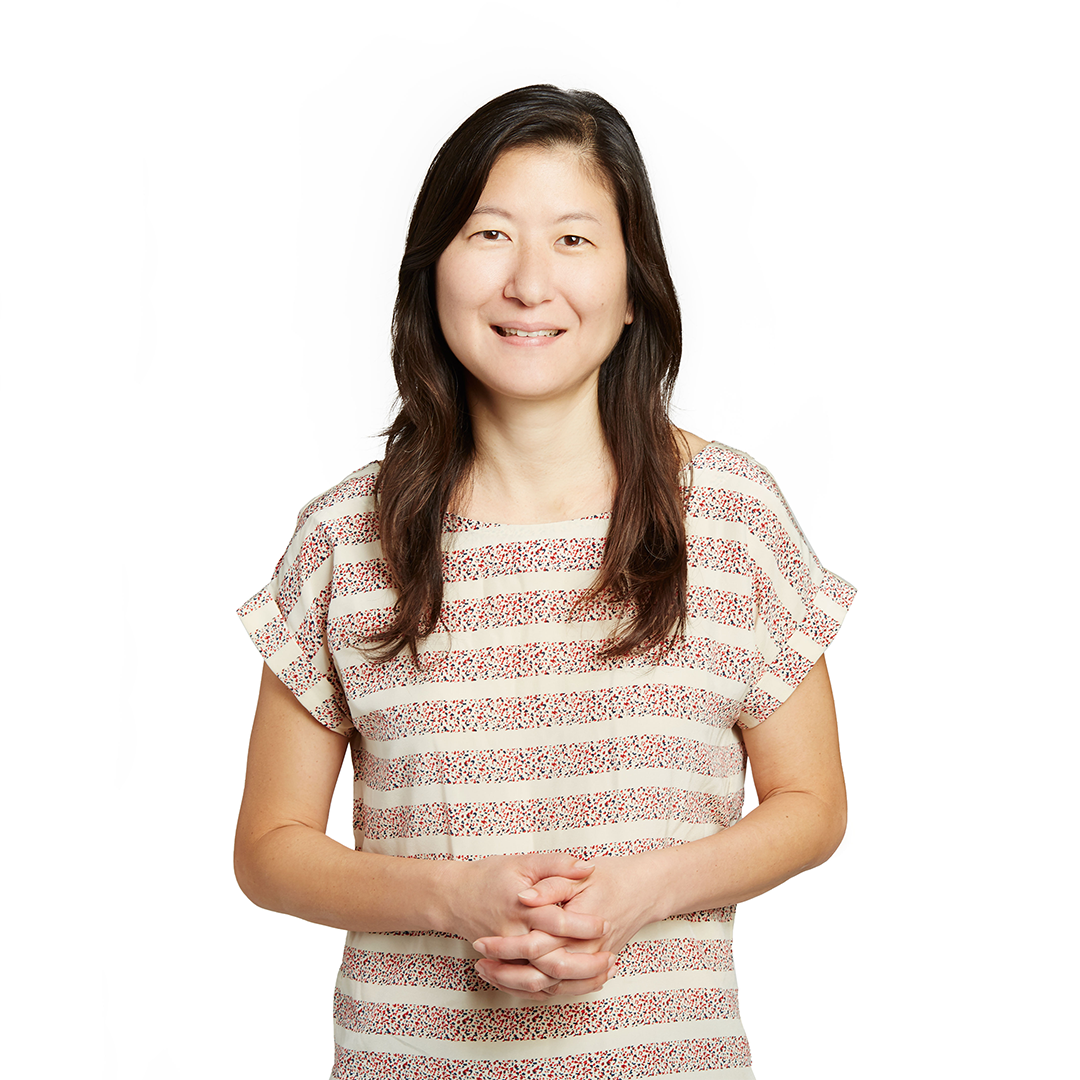Toward Equity and Inclusion: Learning from the Black Lives Matter Movement and COVID-19

The LMU Loyola Law School community begins this fall 2020 semester physically distanced, but united in our commitment to anti-racism and social justice amid unprecedented and ongoing hardship, reckoning, resilience, resistance and revival. We as a law school community are encouraged by displays of solidarity against racism and inequality, abuse and divisiveness and we remain dedicated to advancing the discourse and practice of anti-racism in pedagogy and the administration of the rigorous law school education that we provide to students.
The COVID pandemic has revealed important lessons and social truths we must learn from and respond to in practice. It has revealed inequities that exist along socio-economic and racial lines; the public health crisis has been especially harmful to people of color with Black, Latinx and Pacific Islander communities disproportionately suffering its most devastating consequences. Likewise, it is some of these same communities that have suffered most economically in this time, the pandemic has raised new questions about what it means to be an “essential” worker. Responding to the crisis, Loyola Law School students led the beginning of a critical race theory series at the intersection of race and public health with faculty advisors Eric Miller and Marissa Montes, to understand and study what was unfolding in real time and how to address newly revealed or too-long accepted inequities going forward.
Sparked by the deaths of George Floyd, Breonna Taylor, Ahmaud Arbery and too many others, protests against anti-Black racist violence, police brutality and systemic racism have been galvanizing for many of us across the country, and within the LLS community. The Black Law Students Association (BLSA) spearheaded mobilization of LLS community and other L.A.-area law schools to support the Black Lives Matter movement.
In his letter to the law school community, Dean Michael Waterstone declared his commitment to "becoming authentically antiracist" and appointed Professor Kathleen Kim to be the inaugural Associate Dean of Equity and Inclusion to push forward anti-racist and anti-bias initiatives in the curriculum, throughout campus, and in the community, in collaboration with student leaders and Loyola Law School’s Equity & Inclusion Committee. Associate Dean Kim, named by National Jurist as one of twenty law school leaders in diversity, is prominent for her on-the-ground social justice advocacy and her legal scholarship on immigration and civil rights through a race and gender justice lens. She served as a Los Angeles Police Commissioner from 2013 through 2016, during which time she helped to enact progressive policies that reduced officer use of force and increased sanctuary-type protections for LA’s noncitizen residents.
On July 1, 2020, the Los Angeles Policing Forum, co-founded by Professor Sean Kennedy (LA County Sheriff Commissioner) and Professor Eric Miller (leading scholar on race and policing), hosted Professors Priscilla Ocen and Kathleen Kim in a robust conversation over efforts to defund, dismantle or reform the police in a virtual forum “Arresting Police Violence.” Professor Ocen is well known for her critical race scholarship on the criminalization and incarceration of women and girls of color. She also serves on the Los Angeles County Sheriff’s Commission. (The recording is available online).
Throughout the summer, LLS faculty and staff have been at work implementing new course offerings and supplements to curricula to further advance anti-racist pedagogy in discourse and practice. This year’s 1L orientation included new mandatory sessions on critical race theory and implicit bias with small group discussions led by faculty and staff from the Loyola Social Justice Law Clinic. Additionally, this academic year, fall 2020-spring 2021 introduces three new courses on race and the law including a 1L critical race theory elective. We are hopeful that these new offerings will inform the scholarship and legal work we do as a community, as students, faculty, staff and as practicing lawyers.
The Loyola Social Justice Law Clinic continues its important work remotely amid the COVID pandemic. Comprised of about 20 live-client social justice clinics in the areas of criminal justice, juvenile justice and education, immigrants' rights, international human rights and more, LSJLC has continued to serve clients, further disenfranchised by COVID, due to their race, gender, sexual orientation, age, disability, class, religion, national origin and immigration status.
LLS administration remains engaged with law school and university constituencies of students, alums, staff and faculty to continuously advance anti-racist objectives including race-conscious anti-bias pedagogy; recruitment and retention of faculty, staff and students of color, especially from the Black community; and community impact through the establishment of a LLS Racial Justice Center. It is the strong belief of the administration - and one we hope is shared by the entire LLS community - that by advancing an anti-racist and social justice agenda, we will be a better educational institution and our students will be better lawyers for it, in whatever area of law they practice.
UPCOMING EVENT:
In consideration of Black August, a moment for recognition of Black revolutionaries and resistance against anti-Black racism that originated after uprisings in California prisons in the early 1970s, LLS is pleased to present speaker Dr. Stefan Bradley, chair of African American Studies at LMU Bellarmine College of Liberal Arts on Wednesday, Aug. 26 from 5-6pm, co-sponsored by BLSA. More details forthcoming.